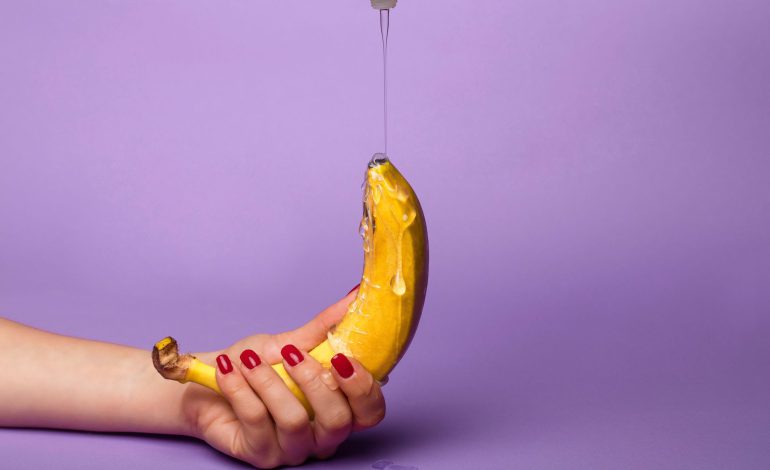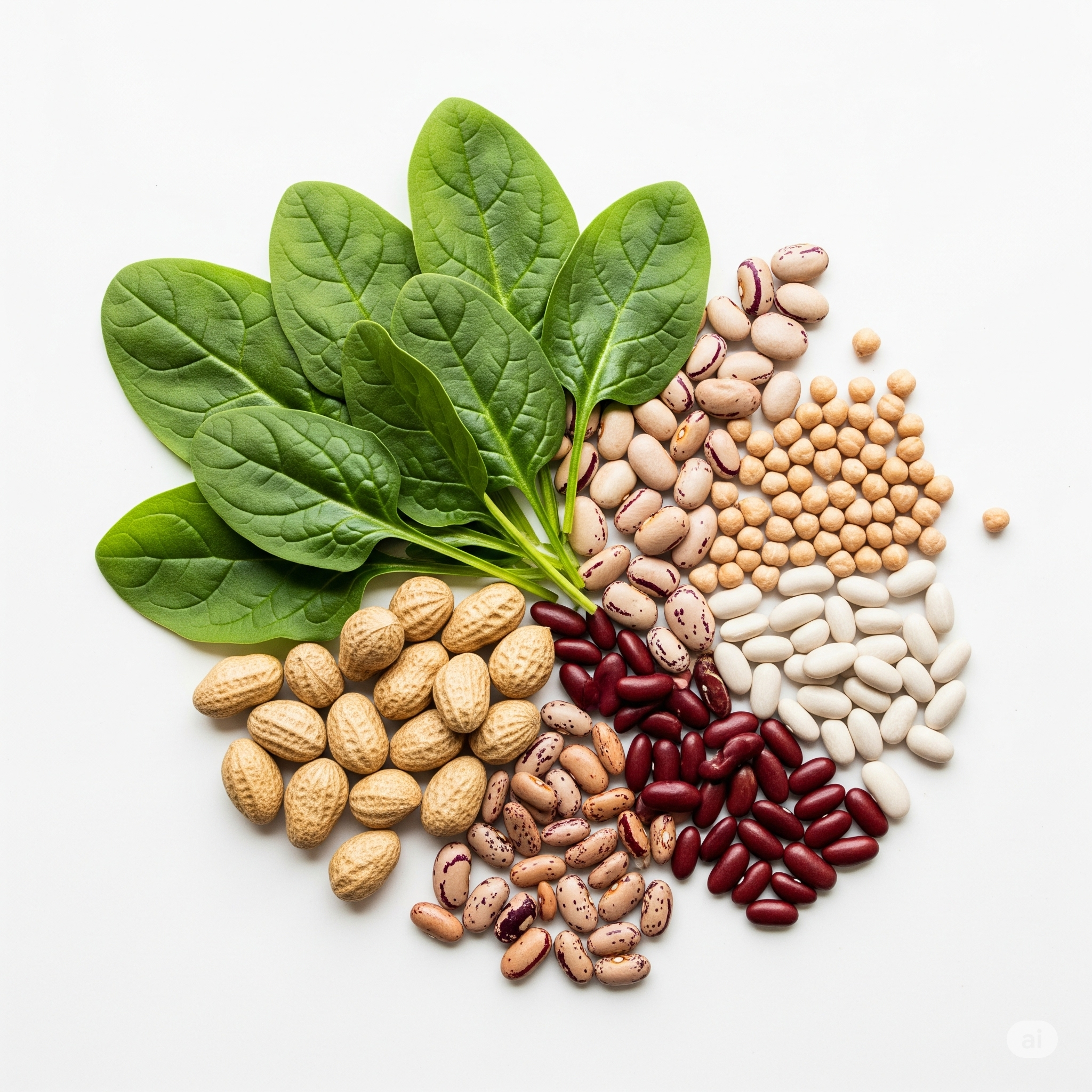Types of artificial lubricants

This is the second part of a 2-part series on navigating the slippery slope with artificial lubricants. If you haven’t read part one, check it out here.
There are different types of lubes for different needs. Depending on whether you are a first-time buyer or simply adding to your collection, there is always one out there for you. Also, you might get drawn towards one type or would like to switch them up depending on the situation. This is absolutely normal.
You can spoil yourself from the following wide range available:
Oil based lubricantsSilicone based lubricantsWater based lubricantsNatural lubricants
Oil-based lubricants
These exist in two types, natural (coconut oil) and synthetic (baby oil). However, they are not advised because they can be problematic, especially if you or your partner is using protection (condoms). The oil breaks up the latex, making it susceptible to breakage.
Stay clear of easier options such as cosmetics cream or body lotions as these too can extremely weaken the latex. In addition to this, they may also have additional effects on your body.
Advantages:
Natural ones such as olive oils, avocado oils and coconut oils are good for genital massages. They are also safe for you to eat just incase pigments end up in your body.Synthetic ones such as body lotion may be good for your partner’s masturbation.
Disadvantages:
Both can destroy the latex, leading to cases such as unwanted pregnancies.Synthetic oil-based lubricants may irritate your vagina.Synthetic oil-based lubes can also give you a hard time washing them off your body, leading to serious vaginal infections.
Silicone-based lubricants
These are a good option for those who have severe vaginal dryness or rather, a history of pain during sex. They last longer compared to water-based lubricants and are therefore a good option for those who are looking to engage for longer. They are odorless, tasteless, slippery and very smooth.
Advantages:
They are safe to use with latex condoms.They are also relatively unlikely to cause an allergic reaction.Since they last longest out of all the other lubricants, you will not need to reapply them often.
Disadvantages:
It is also difficult to wash off the body and might need you to use soapy scrub to completely get rid of it.The use of soap in your vaginal area may lead to serious vaginal infections.This type of lubricant is not recommended for silicone sex toys. This is because it can simply break them down, making them gummy with time.
Water-based lubricants
These are the most commonly used lubricants and a go to recommendation for beginners. They come in two types; with glycerin and without glycerin. The one with glycerin has a slightly sweet taste while the one without is tasteless.
Advantages:
It is good with people who have sensitivity issues.It also lasts a good amount of time.It is versatile since it goes well with both latex and toys.They typically don’t stain sheets.Are cost effective and easy to find due to their high demand
Disadvantages:
They dry out too quickly compared to silicon-based lubricants.They can lead to vaginal infections.They can break down toys made of silicone.
Natural lubricants
Some people have gone into the production of organic or vegan lubricants, which are made of eco-friendly ingredients. With so many lubes in the market claiming to be organic, the secret to getting a genuine one is to look for one with fewer ingredients. This type of lube does not contain extra non-pure additives like synthetic chemicals and artificial fragrance.
Advantages:
They lack paraben, which is a commonly used preservative with health risks such as: increased risk of breast cancer and reproductive problems.They lack artificial additives, which makes them eco- friendly.Lack of these additives also makes them safe for your vagina.
Disadvantages:
Lack of the preservative reduces their shelf life.They also tend to cost more compared to other traditional lubes.
Need to know details before buying lubricants
In as much as they are all different depending on your needs, here are general pointers you can consider when getting a new one.
· Dryness – silicon based lubricants may come in handy, as they do not dry off quickly.
· Prone to yeast infection – avoid lubes with glycerin because glycerin can irritate your vagina, kill the good bacteria and trigger an infection.
· Trying to conceive – sperm-friendly lubes are your sure bet. This is usually indicated on packages.
· Using a condom – avoid oil-based lubricants as they can break latex very easily.
· Planning of having fun in water – go for silicone-based lubricants since they are “waterproof.”
· Using a sex toy – go for water-based lubes, as they are toy friendly.
· Vegan – go for natural or organic lubes, as they do not contain any additives.
When to see a doctor
If you develop the following symptoms while using your lube or after, seek medical attention from a doctor.
*Rash
*Hives
*Swelling of the tongue, throat or face
*Difficulties in breathing
*Itching
*Regular occurrences of yeast infection
The take homes
Artificial vaginal lubricants are a great way to enhance your sexual life, either with your partner or alone. This is because they eliminate the very pain that causes discomfort during sex and also help to increase your arousal
When buying one, your safety and comfort holds the priority. The amount you use and lasting time also plays a key role when you want to get the most out of your lube. Be extra careful because with the wrong product in hand you could end up with side effects instead of the pleasure you wanted.
Catch up with our March 2021 cover models here!
Disclaimer: This article first appeared on the November 2020 issue of Parents.




